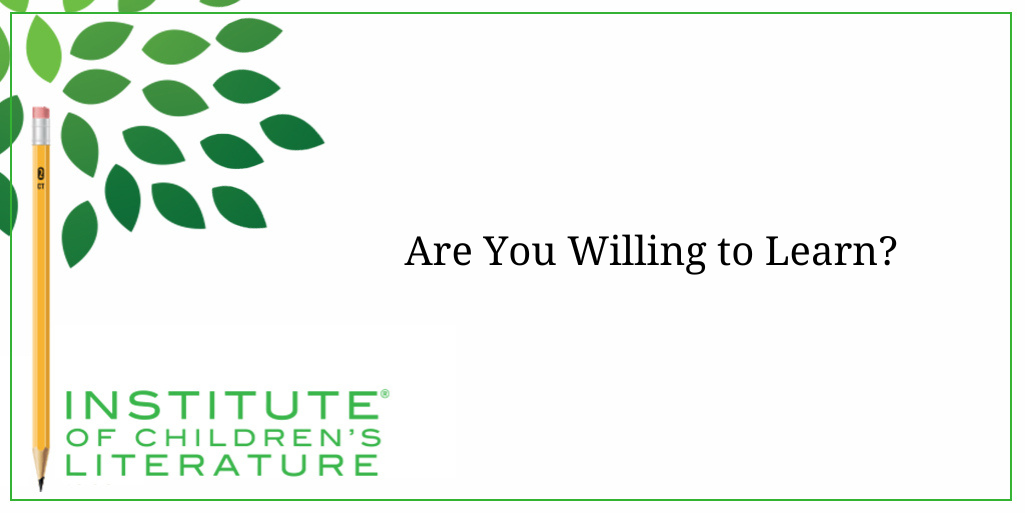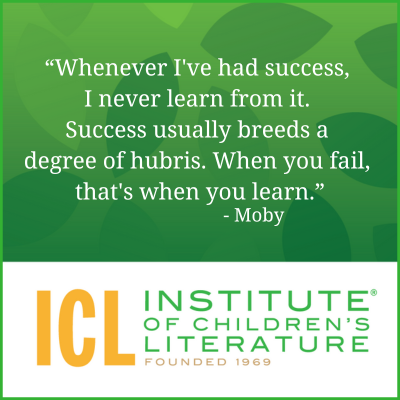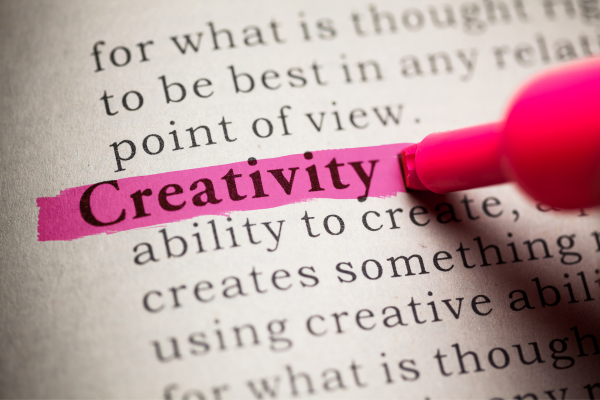
5 Ways Writers Can Prep for 2025 Goal Setting
Before we roll on to the new writing year, let’s harness our optimism for the blank slate before us and prepare for our 2025 Goal Setting just for writers.

All this month we’re talking about back to school and the whole idea of learning, especially learning about writing. I’ve heard people argue that you can’t really teach writing because it’s so personal to each creator. Art doesn’t have rules. And there is some truth to that.

Great writers aren’t great because they never bothered to learn and simply forged their own way. They are great because they were willing to learn, they did know, and they went their own way with a clear vision about where they were going. Flailing around in the dark rarely produces much, but it can sure get you hurt.
Unfortunately, all the talk about how writers are artists who don’t need to learn creates roadblocks to success. And some writers have slammed against those roadblocks again and again until they become unwilling to try anything, even learning. But sometimes these folks are only barely ready to try and end up getting in their own way.
In order to learn something, such as writing, there are preparations you need to undertake. Preparations that go beyond gathering your materials and starting your lessons. Some prep takes place inside your own head. You must get out of the driver’s seat for a while and let someone else show you some things. For some people, this is really difficult. Some are afraid learning kills creativity. While some people simply have a hard time admitting that knowing some things doesn’t mean they know everything.
Let’s talk about the first problem. Learning doesn’t kill creativity. Slavish adherence to rules can cause you to self-censure your own creativity, but anyone who knows the rules inside and out will also be comfortable throwing them aside to write the story that burns within them.
It’s the people who sort of know the rules, but only in a vague confused way that find them restrictive. Folks like that tend to make the rules too big, too all-encompassing, and then have trouble finding their own way within and beyond those same rules.

Real understanding of the essential elements of writing will help you stand up to those rule bullies who are enforcing confused notions. Real understanding will also give you solid ground for your leaps of imagination. Real understanding doesn’t stifle. It expands.
It’s not uncommon for intelligent, successful people to become interested in writing and to take writing courses. Sometimes these folks struggle to accept correction.
Businessmen who have spent years communicating in the business world can find it difficult to learn a new form of communication necessary to write for children or to write for the casual reader. They’ve embraced formality because it worked in one setting, and now they have trouble seeing it as a hindrance. They resist hearing that they need to change. When told to loosen up their writing and use more casual language, they insist they won’t give in to dumbing down.
They’re successful! Their jobs require them to write all the time! Why doesn’t their instructor see how good they are?
The kind of major shift in thinking required to move from one very stylized kind of writing to another voice entirely is uncomfortable and frustrating, but it can be done. And attitude plays a big part. If you want to learn, you need to be teachable.
Many times, people going “back to school” after years outside the classroom carry a lot of baggage back in with them. As adults, we tend to resist experiences we don’t enjoy. Many of us carry memories of childhood classrooms that were confining, especially when tackling subjects in which we had limited interest.

To get the most possible from the writing course, we need to put aside those habits we’ve honed and put on the habits of the scholar. We need to remember that practice is essential. That attention to detail leads to success. And that sometimes, gaining new skills is more work than play.
Keep your eye on the prize. Sure, right now you may be struggling to develop a casual voice, but the end result will mean breaking through this particular roadblock to success. Sure, you may struggle to stay on task as you do practice exercises, but you’ve mastered things before through practice. We all have. And you can do it this time too.
Sometimes we get over our biggest hurdles by getting over ourselves. It may be a steep climb, but you’ll love life on the other side. I’m sure of it.
With over 100 books in publication, Jan Fields writes both chapter books for children and mystery novels for adults. She’s also known for a variety of experiences teaching writing, from one session SCBWI events to lengthier Highlights Foundation workshops to these blog posts for the Institute of Children’s Literature. As a former ICL instructor, Jan enjoys equipping writers for success in whatever way she can.

Before we roll on to the new writing year, let’s harness our optimism for the blank slate before us and prepare for our 2025 Goal Setting just for writers.

Writers can be thin-skinned when it comes to getting feedback on their work. Let’s look at 4 ways to positively deal with constructive criticism!

Rejection is part of the territory when it comes to being a writer. Today we offer reflection for writers to help redirect your efforts after a rejection.
1000 N. West Street #1200, Wilmington, DE 19801
© 2024 Direct Learning Systems, Inc. All rights reserved.
1000 N. West Street #1200, Wilmington, DE 19801
© 2024 Direct Learning Systems, Inc. All rights reserved.
1000 N. West Street #1200, Wilmington, DE 19801
© 2024 Direct Learning Systems, Inc. All rights reserved.
1000 N. West Street #1200, Wilmington, DE 19801
© 2024 Direct Learning Systems, Inc. All rights reserved.

1000 N. West Street #1200, Wilmington, DE 19801
© 2025 Direct Learning Systems, Inc. All rights reserved.

1000 N. West Street #1200, Wilmington, DE 19801
©2025 Direct Learning Systems, Inc. All rights reserved. Privacy Policy.
3 Comments